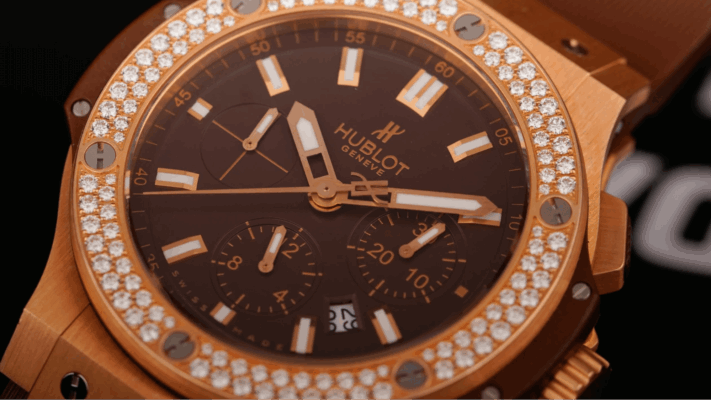Swiss watches are known for their intricate movements, which are often handmade and involve meticulous craftsmanship. Photo: Pexels
Swiss watchmaking is synonymous with precision, craftsmanship and luxury. The rich history of watchmaking in Switzerland has shaped the global luxury watch industry and its influence is especially felt in markets like Singapore. Swiss watches, prized for their quality and design, continue to dominate the luxury watch scene, and the history of this craftsmanship offers fascinating insights into how Swiss watches became the standard for horological excellence.
The Swiss Legacy
The history of watchmaking dates back to the 16th century, with the earliest timepieces emerging from Germany and France. However, it was in Switzerland where the craft truly evolved and thrived. By the 18th century, Switzerland had become the centre of global watch production, with Swiss watchmakers known for their innovation and precision.
Swiss watchmaking excelled in creating portable timepieces, such as pocket watches, and by the 19th century, the country was producing some of the finest mechanical movements in the world. Over time, the industry developed advanced techniques, such as the use of complications (features like chronographs and moon phases), that set Swiss watches apart from their competitors.
How Are Swiss Watches Made?
Swiss watches are known for their intricate movements, which are often handmade and involve meticulous craftsmanship. The production process begins with designing the watch’s movement—this is the mechanism that powers the watch and keeps time. Swiss movements are renowned for their precision, with many watches achieving chronometer certification, meaning they pass rigorous accuracy tests.
Once the movement is designed, skilled artisans assemble each component by hand, ensuring that every gear, spring, and lever is perfectly placed. Luxury Swiss watches often feature complications, such as perpetual calendars, tourbillons and minute repeaters, all of which require extraordinary skill to produce.
After assembly, each watch undergoes testing to ensure it meets Swiss standards of accuracy and reliability. This combination of traditional craftsmanship and modern technology is what makes Swiss watches some of the finest in the world.
A Global Influence
In Singapore, Swiss watches hold a special place among collectors and luxury watch enthusiasts. The precision, quality, and history associated with Swiss watches have made them the gold standard in the luxury market. Brands like Rolex, Patek Philippe and Audemars Piguet are particularly revered for their legacy of excellence and craftsmanship.
The demand for Swiss watches in Singapore has been fueled by the country’s affluent population, who appreciate the status and elegance that these watches represent. Swiss watch brands are also popular among investors, as many models, particularly limited editions, tend to increase in value over time.
The Impact of Swiss Watchmaking on Global Luxury
Swiss watchmaking has not only influenced the luxury market in Singapore but has also set the benchmark for quality and craftsmanship worldwide. The term “Swiss-made” is synonymous with reliability and excellence, and Swiss watch brands have become the benchmark against which other watchmakers are measured.
Singapore’s watch collectors value Swiss watches for their heritage, precision, and the status they convey. Owning a Swiss watch is a symbol of taste and success, and collectors often seek rare and vintage models to add to their collections.
The Influence of Swiss Watchmaking
The history of Swiss watchmaking has had a profound influence on the global luxury watch market, particularly in Singapore. With their unmatched precision, craftsmanship and design, Swiss watches continue to set the standard for horological excellence. For collectors and enthusiasts alike, owning a Swiss-made timepiece is a reflection of appreciation for centuries of watchmaking heritage.
Visit JPendulum to find your Swiss watch today.

